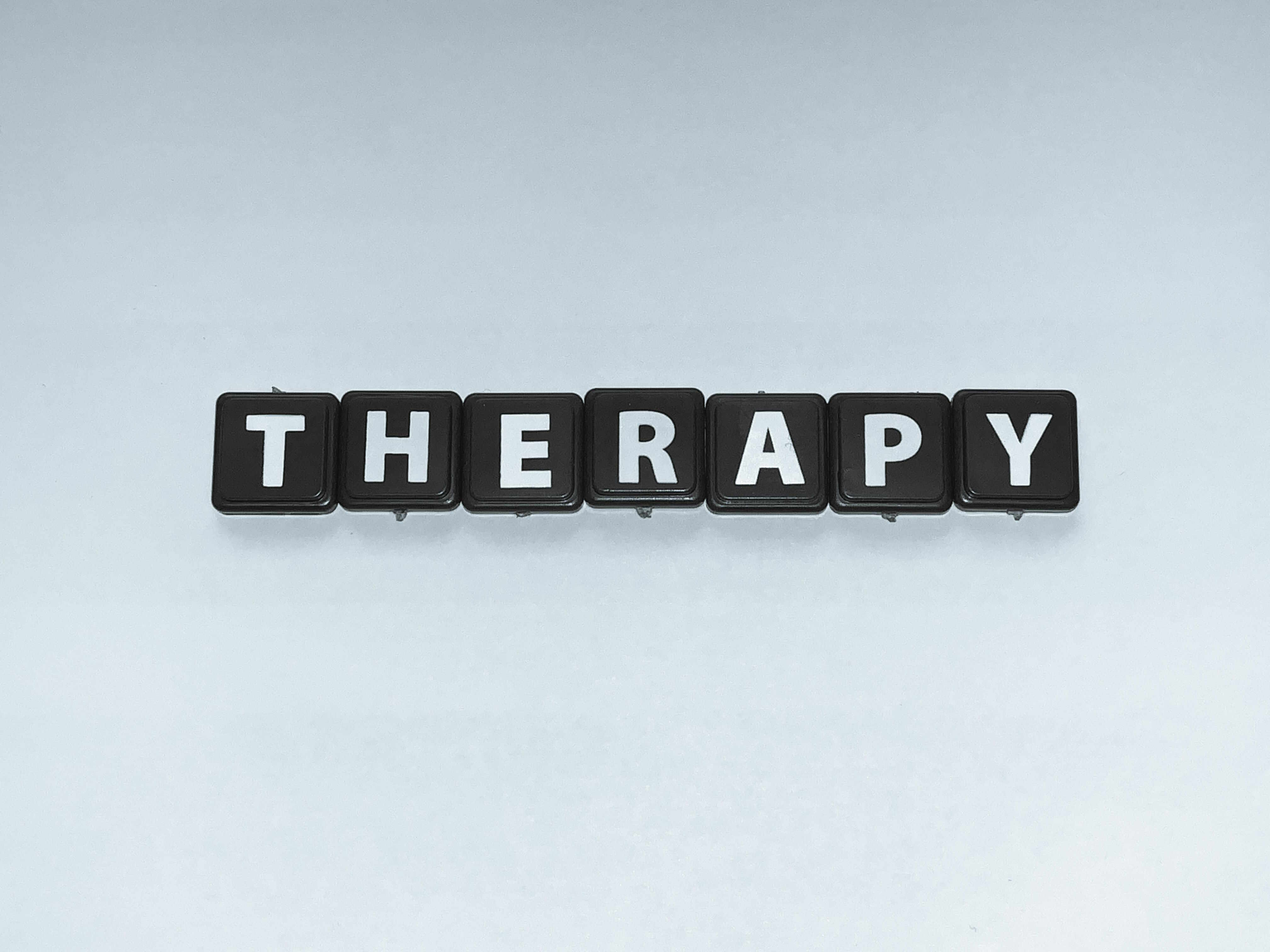Spotting the Signs Early: Why a Depression Test Can Change Your Life
Depression is a complex mental health condition that affects millions of people worldwide. Recognizing the signs and symptoms early can be crucial for timely intervention and effective management. A depression test can play a pivotal role in identifying this condition, potentially changing the course of one's life. This article explores the importance of depression testing, its benefits, and what to expect during the process.

What is a depression test?
A depression test is a screening tool designed to assess an individual’s mental health and identify potential symptoms of depression. These tests typically consist of a series of questions about mood, behavior, and thoughts. They can be administered by healthcare professionals, taken online, or completed as self-assessments. While not a definitive diagnosis, depression tests serve as valuable indicators for further evaluation and potential treatment.
Why is early detection of depression crucial?
Early detection of depression is vital for several reasons. Firstly, it allows for prompt intervention, which can significantly improve treatment outcomes. When depression is identified in its early stages, individuals have a better chance of responding positively to treatment and achieving remission. Additionally, early detection can prevent the condition from worsening and potentially leading to more severe mental health issues or even suicidal thoughts.
What are the signs and symptoms of depression?
Recognizing the signs and symptoms of depression is essential for early detection. Common indicators include:
-
Persistent sadness or feelings of emptiness
-
Loss of interest in previously enjoyed activities
-
Changes in appetite and weight
-
Sleep disturbances (insomnia or excessive sleeping)
-
Fatigue or loss of energy
-
Difficulty concentrating or making decisions
-
Feelings of worthlessness or excessive guilt
-
Restlessness or slowed movements
-
Recurring thoughts of death or suicide
It’s important to note that these symptoms must persist for at least two weeks and significantly impact daily functioning to be considered indicative of depression.
What can you expect during a depression test?
When taking a depression test, you can expect to answer a series of questions about your thoughts, feelings, and behaviors. These questions are designed to assess the presence and severity of depressive symptoms. The format may vary depending on the specific test being used. Some common depression tests include:
-
Patient Health Questionnaire-9 (PHQ-9): A brief, self-administered questionnaire
-
Beck Depression Inventory (BDI): A more comprehensive self-report inventory
-
Hamilton Depression Rating Scale (HAM-D): A clinician-administered assessment
During the test, you’ll be asked to rate the frequency or severity of various symptoms over a specific time period, typically the past two weeks. It’s crucial to answer honestly and accurately to ensure the most reliable results.
How can a depression test benefit individuals in the United States?
In the United States, depression affects millions of people, with varying degrees of impact on their lives. A depression test can offer several unique benefits for individuals in this country:
-
Increased awareness: Depression tests can help raise awareness about mental health issues, which is particularly important in a culture that sometimes stigmatizes mental illness.
-
Early intervention: With the high-paced lifestyle common in the U.S., early detection through testing can prevent depression from interfering with work, relationships, and overall quality of life.
-
Access to treatment: Positive test results can prompt individuals to seek professional help, utilizing the mental health resources available in many communities across the country.
-
Insurance coverage: Many health insurance plans in the U.S. cover mental health services, and a positive depression test can support the need for these services.
-
Workplace accommodation: Test results can help individuals discuss their condition with employers and potentially receive necessary accommodations under the Americans with Disabilities Act (ADA).
How can a positive depression test result change your life?
A positive result on a depression test can be a turning point in one’s life. It provides validation for feelings that may have been dismissed or misunderstood, offering a sense of relief and understanding. More importantly, it serves as a catalyst for seeking professional help and beginning the journey towards recovery.
With a positive test result, individuals can:
-
Seek appropriate treatment: This may include therapy, medication, or a combination of both, tailored to the individual’s needs.
-
Develop coping strategies: Learning effective ways to manage symptoms and navigate daily challenges.
-
Improve relationships: Understanding depression can lead to better communication with loved ones and stronger support systems.
-
Enhance self-awareness: Recognizing triggers and patterns can help in managing the condition more effectively.
-
Make lifestyle changes: Implementing healthy habits that support mental well-being, such as regular exercise and stress management techniques.
-
Prevent future episodes: With proper treatment and management, the risk of recurrent depressive episodes can be reduced.
In conclusion, a depression test is a valuable tool for identifying potential mental health concerns and initiating the path to recovery. By spotting the signs early and taking action, individuals can significantly improve their quality of life and overall well-being. Remember, seeking help is a sign of strength, not weakness, and taking a depression test could be the first step towards a healthier, happier future.
This article is for informational purposes only and should not be considered medical advice. Please consult a qualified healthcare professional for personalized guidance and treatment.




